Blood Clots After Birth: Symptoms, Treatment, and More
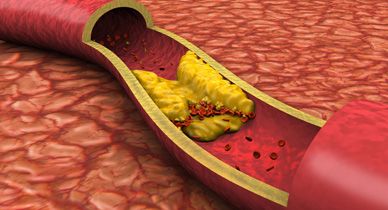
By A Mystery Man Writer
It's normal to have blood clots after giving birth, but sometimes too many or very large blood clots can be cause for concern. Bleeding can continue to happen up to six weeks after giving birth. If you experience difficulty breathing, a high fever, or foul-smelling vaginal discharge, it may be best to see your doctor.
It's normal to have blood clots after giving birth, but sometimes too many or very large blood clots can be cause for concern. Bleeding can continue to happen up to six weeks after giving birth. If you experience difficulty breathing, a high fever, or foul-smelling vaginal discharge, it may be best to see your doctor.
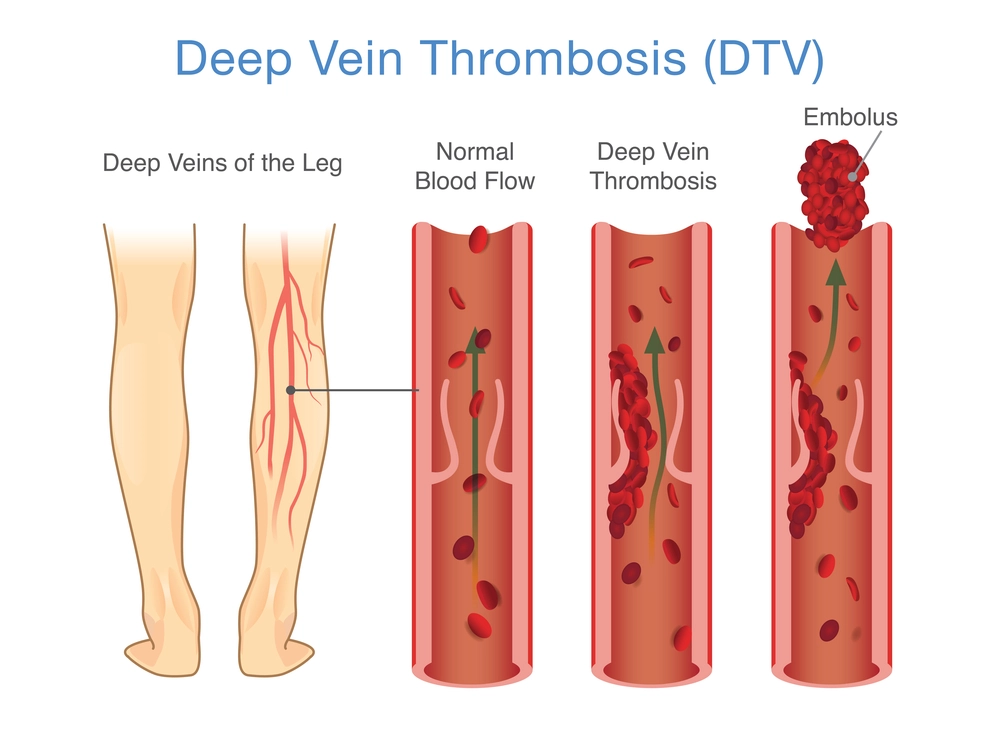
Deep Vein Thrombosis (DVT): Symptoms, Causes, & Treatment
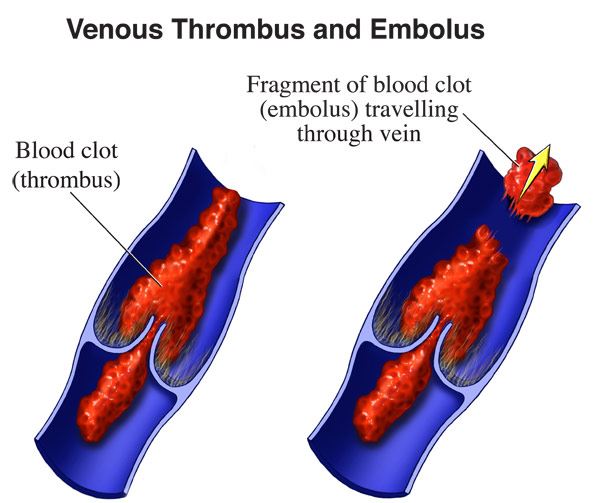
Treatment for Blood Clots in New Jersey

8 Signs of a Blood Clot - Symptoms in Legs, Chest, Neck, and More

Lochia or Postpartum Bleeding, Denver
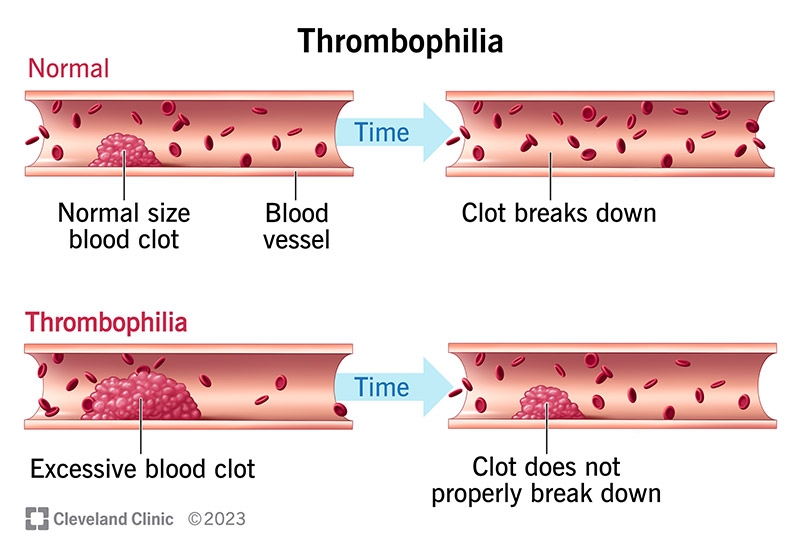
Thrombophilia: Symptoms & Treatment

Expecting? Recently Had a Baby? What to Know About Blood Clots
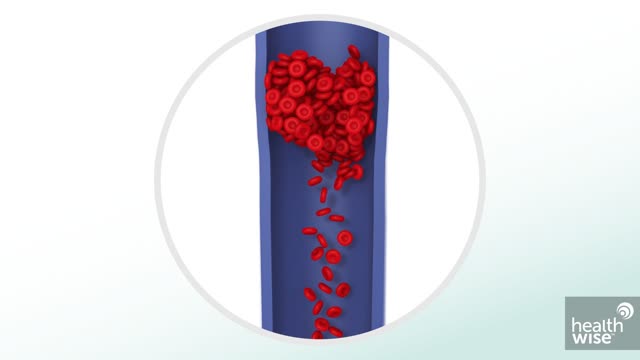
Hormonal Birth Control: Risk of Blood Clots

Stop the Clot - If you experience any signs or symptoms of a blood clot during pregnancy or after your baby is born, talk to your doctor, or seek medical attention right

Knowing the symptoms of blood clots can be lifesaving, School of Medicine
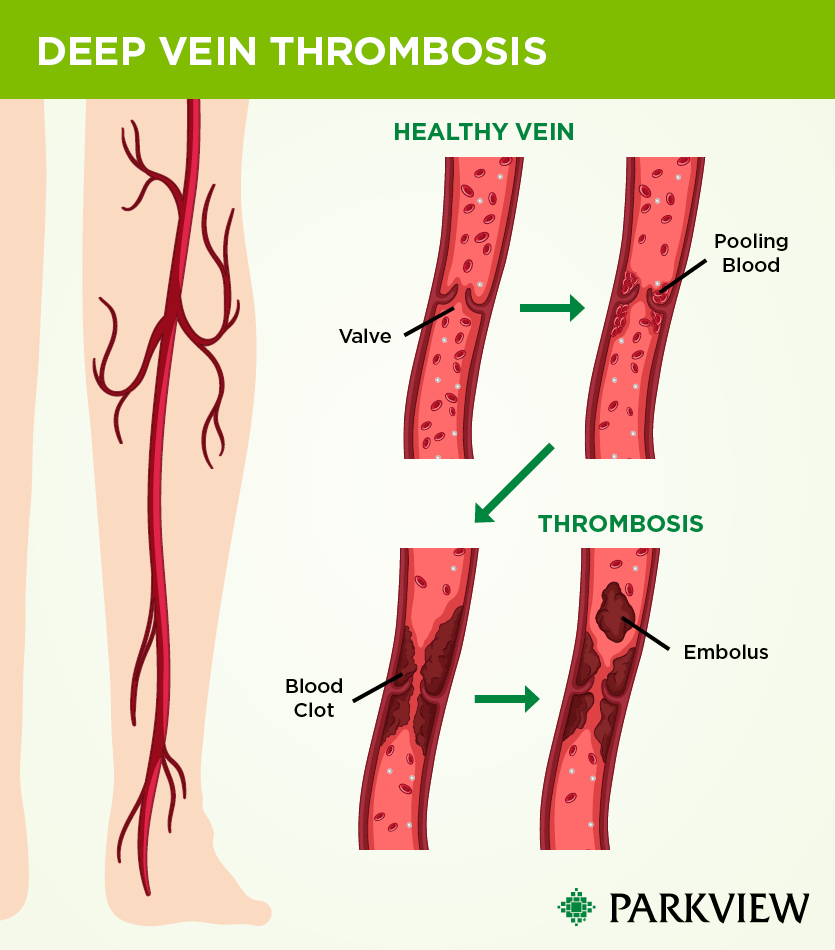
Symptoms and treatments for Deep Vein Thrombosis

Postpartum Bleeding


